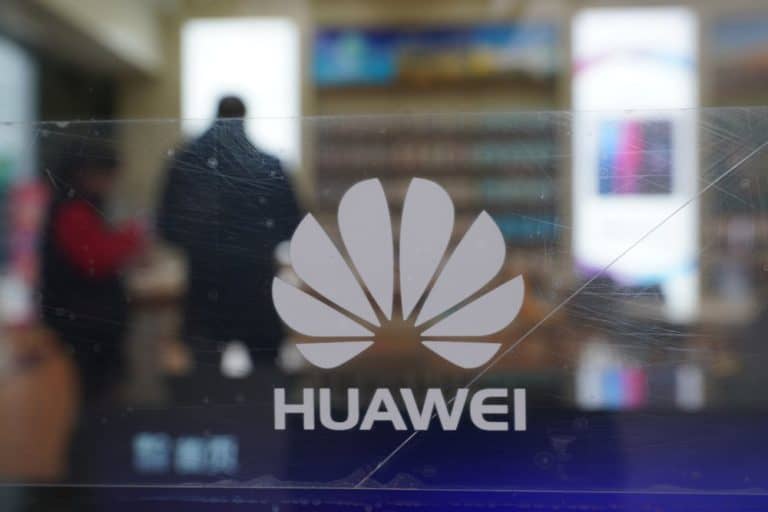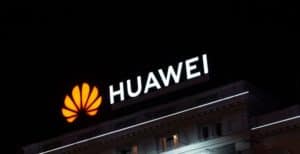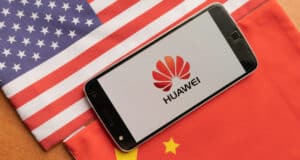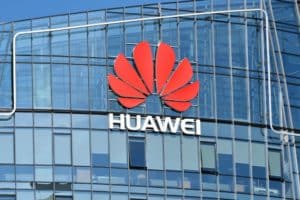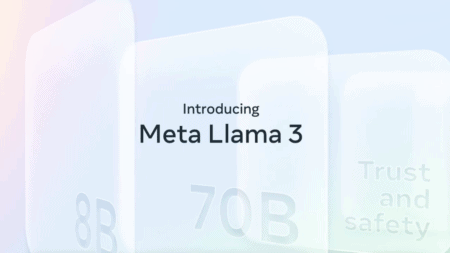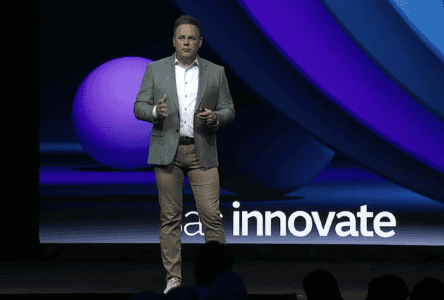Huawei wants to provide its departments with emerging talent, and therefore takes on dozens of talented students from all over the world. To make the job as attractive as possible, the company offers a substantial salary of up to £250,000 (approximately €280,000) per year.
By the end of this year, between twenty and thirty young people must become part of the company, says IT Pro. The students receive high level challenges in exchange for a high annual salary.
The millions investment in talent comes now that Huawei is preparing for the future of technology and business war, the company said in a letter. This suggests that the company is keen to attract talent as tensions between Chinese companies and Western countries increase.
First talents are already in.
Moreover, Huawei has already found his first talents. The company has eight PhD students integrated its program. Two of them have written doctoral dissertations on deep neural network structures and robotics.
The first eight recruits are Chinese nationals. Prospective students – who have to be hired before the end of the year – are expected to come from other parts of the world.
After this year, Huawei wants to increase the number of young employees it hires each year, depending on the requirements of the internal departments.
Tensions
Huawei is an important part of the trade war between the United States and China. In the United States, the company has been blacklisted. This means that American companies can only trade with Huawei if they have a licence. Companies are only granted this licence if it does not pose a threat to national security.
The company is also threatened with a ban in European countries.
Because of these ongoing problems, Huawei has taken steps to improve its self-sufficiency. Whereas it used to depend on American suppliers for semiconductors in its hardware, for example, it is now working on strengthening its own semiconductor department.
This news article was automatically translated from Dutch to give Techzine.eu a head start. All news articles after September 1, 2019 are written in native English and NOT translated. All our background stories are written in native English as well. For more information read our launch article.